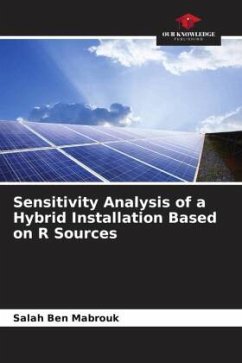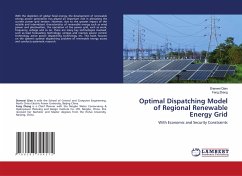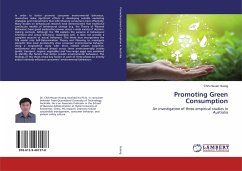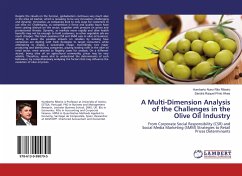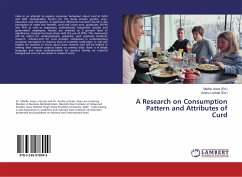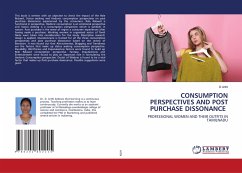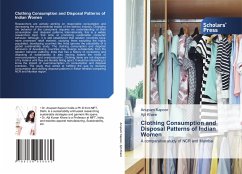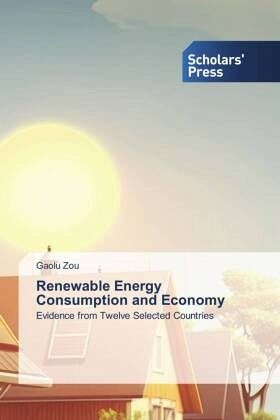
Renewable Energy Consumption and Economy
Evidence from Twelve Selected Countries
Versandkostenfrei!
Versandfertig in 6-10 Tagen
69,99 €
inkl. MwSt.

PAYBACK Punkte
35 °P sammeln!
Renewable energy consumption can reduce CO2 emissions and positively impact the economy. This book uses the latest data to analyze the long-term equilibrium relationship between renewable energy use and GDP. The public data sources are BP and the National Bureau of Statistics. This book selects 12 countries and the world for case studies. Econometric methods include Johansen cointegration tests, panel cointegration, Granger causality, Toda-Yamamoto test, ECM, and VAR. Establishing a long-term relationship between renewable energy consumption and economic growth is challenging for countries wor...
Renewable energy consumption can reduce CO2 emissions and positively impact the economy. This book uses the latest data to analyze the long-term equilibrium relationship between renewable energy use and GDP. The public data sources are BP and the National Bureau of Statistics. This book selects 12 countries and the world for case studies. Econometric methods include Johansen cointegration tests, panel cointegration, Granger causality, Toda-Yamamoto test, ECM, and VAR. Establishing a long-term relationship between renewable energy consumption and economic growth is challenging for countries worldwide. The long-term impact of China's renewable energy on the economy outperforms the world average and other countries. China's sustainable and stable renewable energy policy is critical to achieving long-term equilibrium. China can continue developing wind and solar power vigorously to achieve a long-term balance with economic growth. Evidence for short-run causalities is mixed; hence, the policy of renewable energy use to promote short-term economic growth needs to be cautious.



